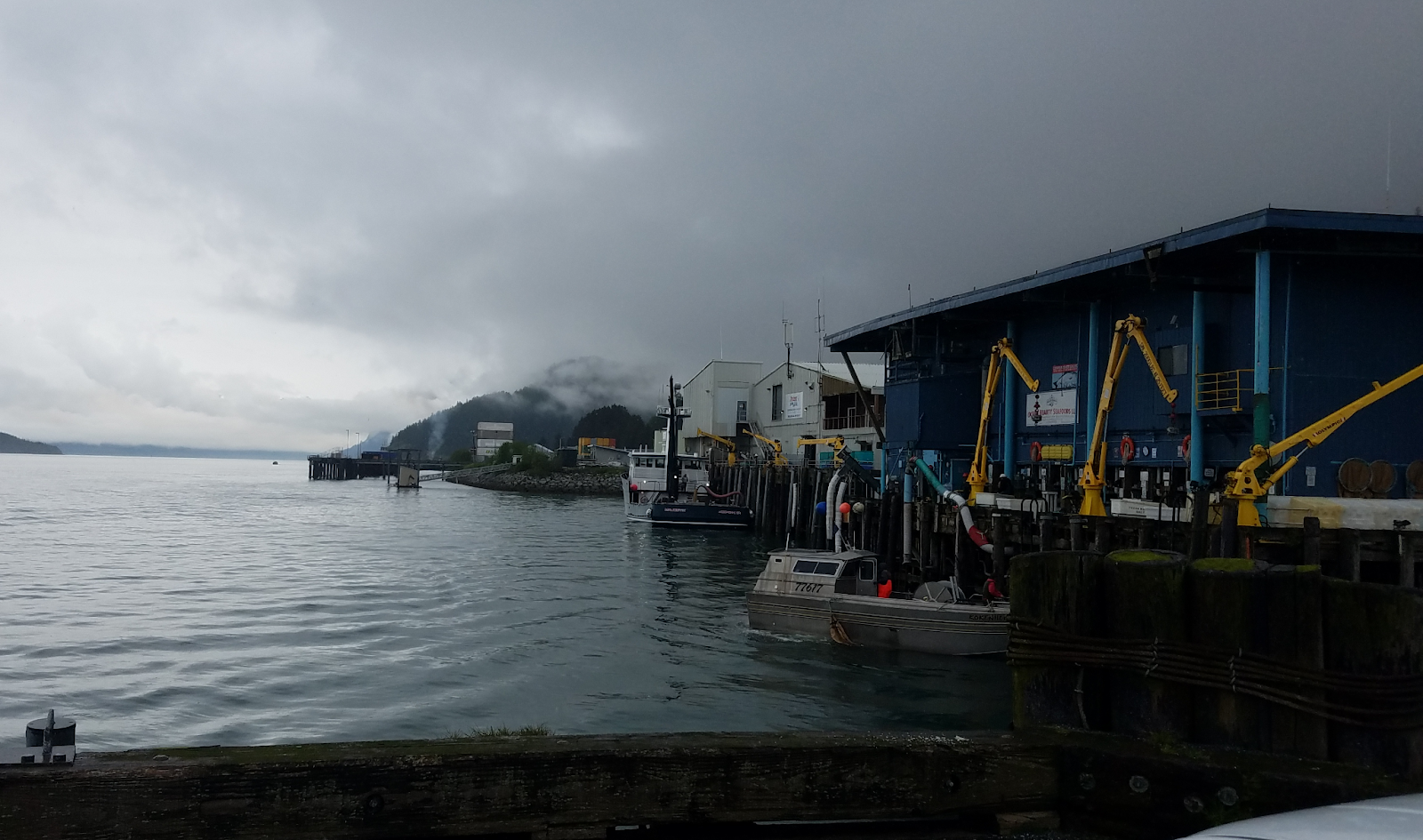In the austere wilderness of 1980s Alaska, my father, a USAF serviceman, made a fateful choice: he decided to wire a cannabis growing operation. His actions were discovered, but he then made another choice: silence over betrayal, refusing to reveal the identities of his compatriots even under the threat of a court-martial. This decision cost him seven years in Fort Leavenworth Penitentiary, an unforgiving price to pay in the escalating war on drugs.
Six months after my birth, my father was released, reuniting our small family. When I was three, we relocated to Cordova, Alaska, seeking a fresh start. But our hopes for tranquility were soon vanquished when a local police informant ensnared my mother in a drug transaction. Her small, casual cannabis purchases were twisted into evidence of distribution. It led to the breakdown of my parents’ marriage.
Two houses over, the war on drugs took another toll on our family, this time on a family friend. He was a mechanic known for his big heart. A hard-working immigrant supporting his family in Mexico, he felt his best option was to become a methamphetamine producer and dealer in our town. His role in this dangerous network distressed him, but he felt trapped and believed he was providing a safer alternative for those who might otherwise seek out riskier sources for their drugs. Eventually, he moved away, worn down by a guilt he need not have felt for supplying a product people wanted.
The enforcement of the war on drugs also became evident in the case of my best friend. At 15, he was placed into an unmonitored foster home and found himself with access to a medicine cabinet full of painkillers. He was later implicated by a resentful classmate, using an empty sandwich bag with residue as evidence of a “crime” — if you can call something that has no victims a crime.
At only fifteen years old, I had seen all of these scenarios and more unfold. I realized the war on drugs was not saving lives, but rather, ruining them. Instead of eliminating addiction or reducing crime — instead of cutting back on peers who overdosed on heroin, alcohol and prescription drug abusers dying from organ failure, friends committing suicide — instead of helping in any way, the war on drugs merely made all of those heartbreaking realities worse.
Enduring all of this heartbreak cemented it for me: criminalizing drugs is a clear infringement on personal freedom. My father, for example, made a choice that harmed no one else. But even though private cannabis possession had been decriminalized in Alaska, his status as a member of the armed forces meant seven years behind bars.
As my understanding of the true nature of the war on drugs deepened, I looked harder at the case of our family friend, the mechanic. It illuminated for me the unintended consequences of the “war.” By forcing their buying and selling into the black market, the government created an environment ripe for violence, exploitation, and danger. Instead of mitigating harm, prohibition exacerbated it.
As I got older and saw more, I looked anew at the unequal enforcement and arbitrary nature of drug laws, and saw how it only serves to undermine the legitimacy of those laws. I remembered the case of a popular basketball player at our school, well-known to be a drug dealer, who faced next to no consequences for his actions.
The contrasting treatment of my family and friends with that of the basketball player demonstrated inherent flaws and biases within law enforcement. The popular, the wealthy, and the privileged benefit from their status while people like my father are left to suffer. And, it should be noted: this is the case everywhere drugs are illegal — from Cordova, Alaska to Anchorage; from neighboring British Columbia to Colombia the country.
As a society, we should prioritize harm reduction, education, and treatment options rather than the punitive approach that criminalizes drugs. By decriminalizing drugs, we can eliminate one element that makes them dangerous: the absurd risks people who want to use drugs must take.
Decriminalizing drugs would also be a step toward respecting individual autonomy, promoting personal responsibility, and focusing on solutions that address the underlying issues of addiction and substance abuse.
My call to end the war on drugs recognizes that individuals should have the right to make decisions about their own bodies. It acknowledges the failure of prohibitionist policies. Above all, it seeks to create a society that is more understanding, compassionate, and supportive.
Are you a student interested in getting involved in pro-liberty activism? By applying to join Students For Liberty’s Local Coordinator Program, you can be supported in promoting the ideas of liberty while also developing your skills and meeting many like-minded students from across the world. Click on the button below to find out more and get involved!
Are you looking for an opportunity to gain new insights about the ideas of liberty and network with like-minded individuals? Students For Liberty’s upcoming LibertyCon International, held in Washington, D.C., on February 2-4, 2024, is an event you won’t want to miss!
LibertyCon International offers an opportunity to engage with top experts, scholars, and entrepreneurs from a variety of fields while providing a platform for attendees to connect with others who are dedicated to advancing pro-liberty ideas and creating a freer future.
Click the button below to sign up for updates and secure your spot at this exciting event. We can’t wait to see you there!
This piece solely expresses the opinion of the author and not necessarily the organization as a whole. Students For Liberty is committed to facilitating a broad dialogue for liberty, representing a variety of opinions.



